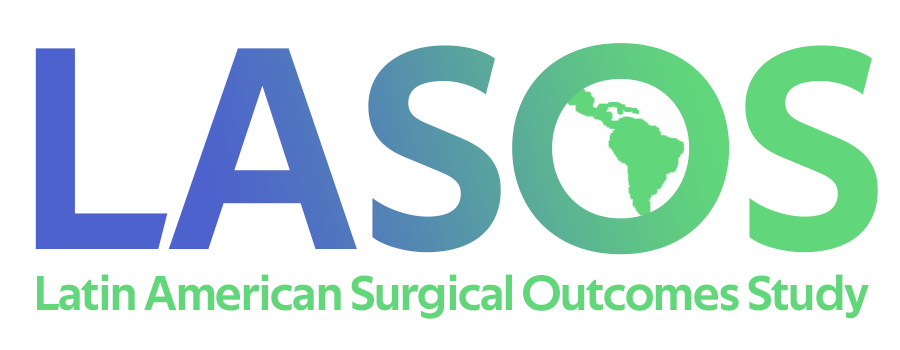International, seven-day observational cohort study of complications following elective or emergency surgery in Latin America
More than 310 million patients undergo surgery worldwide each year with reported hospital mortality between 1 and 4%. Recent estimates suggest that 4.2 million deaths occur within 30 days of surgery, and half of these occur in low and middle-income countries (LMIC). Complications are more common and are a leading cause of long term morbidity and mortality. With the high volumes of surgery performed, there is increasing recognition of the massive potential impact of even small improvements in perioperative care.
The International Surgical Outcomes Study (ISOS) confirmed the association between complications and death after surgery at a global scale, but predominantly included high-income nations. More recently, the African Surgical Outcomes Study (ASOS) found that patients undergoing surgery in African nations were twice as likely to die than those in high-income countries (HIC), despite being younger with fewer co-morbid diseases.
Latin America describes a geographic area including 25 nations, and countries within the region have some of the highest income disparity worldwide. Rapid demographic and societal changes have led to an increasing burden of non-communicable disease. Provision of healthcare varies widely within Latin America, with a mix of private, social and government funded schemes. A recent report highlighted marked variation within and between countries of surgical provision in Latin America. Given the disparity in socioeconomic status and care models this is perhaps unsurprising. However, it is unclear how these disparities relate to outcomes for individual patients. Our aim is to conduct a seven-day cohort study of adults undergoing in-patient surgery in Latin America to provide detailed data describing post-operative complications and associated mortality.
The LASOS study was published in March 2025. You can access the full publication here: Patient outcomes after surgery in 17 Latin American countries (LASOS): A seven-day prospective observational cohort study.
